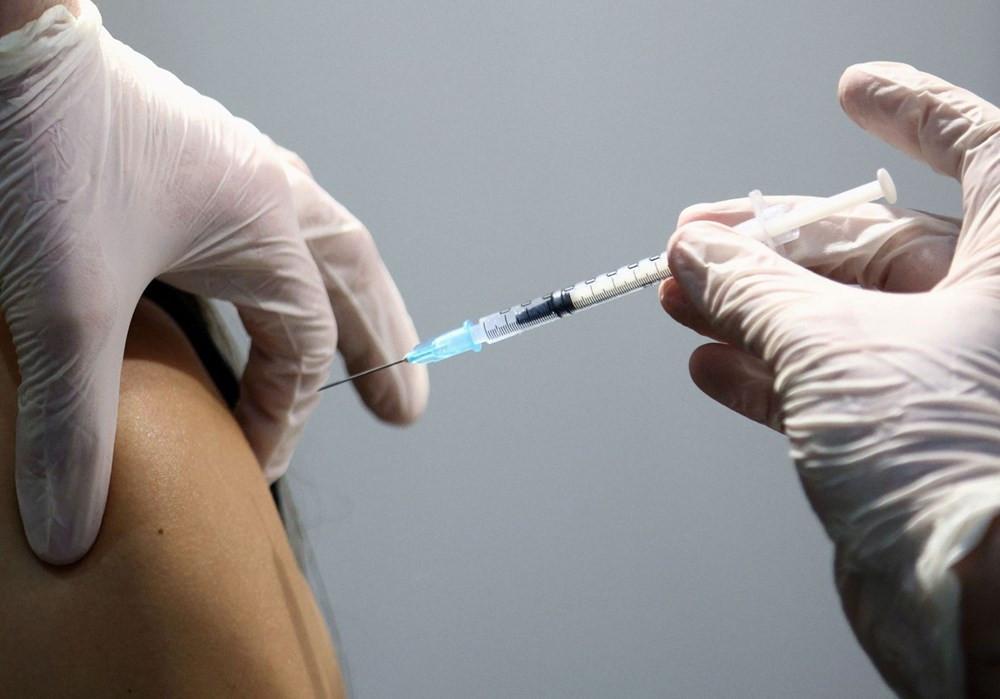
Turkey is vaccinating large numbers of migrants against COVID-19, the country’s health minister has said.
All registered migrants are receiving the shot, Fahrettin Koca told reporters on Sept. 6, following a cabinet meeting.
“We are reaching out to almost all Syrian migrants, whose number is around 3.5 million to 4 million. There are also some 160,000 registered Afghan migrants in Turkey, and we are also giving the vaccine to them. If we find the other unregistered 150,000 Afghan migrants, they will also be vaccinated,” he explained.
To date, over 98 million doses of the COVID-19 vaccines have been administered in Turkey, with some 39 million people having received two doses of the jab. More than 50 million people have received their first doses.
Two cases of the Mu variant of COVID-19 have been found in Turkey, Koca also said, noting that the Delta and Delta plus strains of the virus account for more than 90 percent of the infections.
The Mu variant, or B.1.621, was first identified in the South American nation of Colombia in January this year.
“We are not considering imposing additional measures because of the Mu variant since only two cases have been discovered so far,” the minister said.
Official data show that the daily number of coronavirus cases are still hovering at around 20,000.
The number of cases will eventually decline as more people will be given at least two doses of the coronavirus vaccines, the minister added.
Koca assured that there are no vaccine supply problems. “We presently have at least 30 million doses of the jab and deliveries continue.”
He also said PCR tests will continue to be offered for free.
Meanwhile, life is increasingly becoming difficult in Turkey for the unvaccinated as they are now required to provide a negative PCR test result to use public transport to make intercity travels or to attend social events, such as concerts or to enter cinemas and theaters.
The new PCR policy came into force on Sept. 6, as part of apparently the government’s strategy to encourage people to get the COVID-19 vaccines at a time when mobility in cities has started to increase as millions of students returned to schools for face-to-face education.
At airports, staff are checking passengers’ HES codes, which is a personalized code generated by the country’s coronavirus contact tracing system, to see if travelers are vaccinated or have valid PCR tests to get on board.
“My wife did not get her second dose of the vaccine because she is pregnant. We did not have the PCR test. So, we missed the flight. We had to change the ticket and my wife had to have the test,” said Sedat Atak, a passenger at Istanbul Airport.